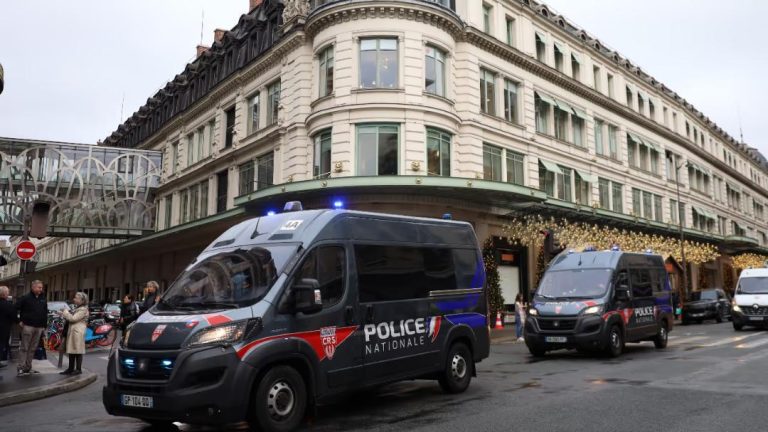
Military Conflicts in Ukraine and Iran are Incomparable: Russia
The ongoing conflicts in Ukraine and Iran have been making headlines worldwide, with both countries embroiled in intense military battles. However, according to Russian spokesperson Dmitry Peskov, these conflicts are incomparable in their essence and nature. In a recent statement, Peskov emphasized that the Israeli attacks on Iran were not provoked, unlike the situation in Ukraine.
The precursors for the start of Russia’s special military operation in Ukraine are well known to everyone, Peskov said, implying that Russia’s military action in Ukraine was a response to specific circumstances. In contrast, he suggested that the Israeli strikes on Iran were unprovoked.
Peskov’s comments come as tensions between Israel and Iran continue to escalate. The Israeli military has launched a series of airstrikes against Iranian targets in Syria, which have been met with retaliatory fire from Iranian-backed forces. The situation has led to concerns about a wider conflict breaking out in the region.
In contrast, the conflict in Ukraine has been ongoing since 2014, when pro-Russian separatists in the Donetsk and Lugansk regions declared independence from Ukraine. The conflict has seen significant military involvement from Russia, with Moscow supporting the separatists through troops, weapons, and financial aid.
The Russian government has consistently denied involvement in the conflict, claiming that it is a domestic issue for Ukraine. However, evidence suggests that Russia has played a significant role in the conflict, with thousands of Russian troops stationed in Ukraine and numerous Russian military personnel killed in action.
The situation in Ukraine has led to widespread international condemnation, with many countries imposing sanctions on Russia in response to its actions. The conflict has also had significant humanitarian consequences, with thousands of civilians killed and millions displaced.
In contrast, the conflict in Iran has been driven by the proxy war between Israel and Iran. The two countries have been engaged in a covert war, with Israel launching airstrikes against Iranian targets in Syria and Iran responding with attacks on Israeli targets.
Peskov’s comments suggest that Russia views the conflicts in Ukraine and Iran as fundamentally different. While Russia has been involved in the conflict in Ukraine, it has not launched unprovoked attacks on Iranian targets. Instead, Russian involvement in Ukraine has been driven by Russia’s desire to protect its interests and prevent the Ukrainian government from joining Western military alliances.
Russia’s support for Iran is clear, with Peskov stating that Russia supports Iran “with its clear position” on condemning US-Israel strikes. This position suggests that Russia is opposed to the Israeli attacks on Iranian targets, which has led to tensions between Russia and Israel.
The situation in Iran is complex, with the country facing significant economic and political challenges. The conflict with Israel has added to the country’s instability, with many Iranians calling for the government to take a stronger stance against Israel.
The Russian government has been accused of supporting Iran’s nuclear program, which has led to tensions with the US and other Western countries. Russia has denied these allegations, stating that its support for Iran is limited to providing technical assistance and nuclear energy cooperation.
In conclusion, the conflicts in Ukraine and Iran are incomparable in their essence and nature. While both countries are embroiled in intense military battles, the motivations and circumstances surrounding these conflicts are fundamentally different. Russia’s involvement in Ukraine has been driven by its desire to protect its interests and prevent Ukraine from joining Western military alliances, while the conflict in Iran has been driven by the proxy war between Israel and Iran.
As the situation in both countries continues to unfold, it is clear that diplomacy will be crucial in resolving these conflicts. The international community must work together to address the underlying issues driving these conflicts and promote peaceful solutions.
Sources:






